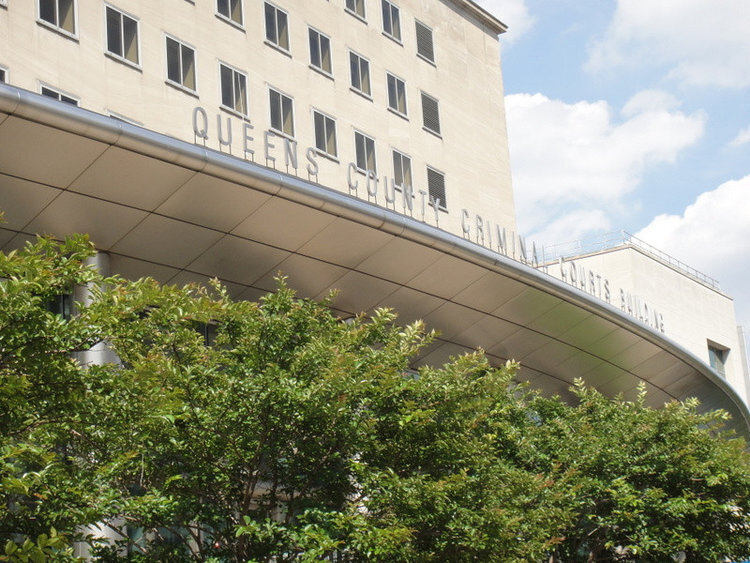New York’s courts continue efforts to combat racism
/New York’s highest court officials issued an update on their efforts to address the institutional racism found by an independent commission last year. Eagle file photo by David Brand
By Rachel Vick
Just six months after the release of a report outlining racism in the state’s court system, leaders shared an update on the steps they are taking to eliminate system-wide bias.
The dozen recommendations made by the Special Adviser on Equal Justice in the Courts, former U.S. Secretary of Homeland Security Jeh Johnson, were issued in October 2020 to mitigate pervasive racism within the courts by declaring a zero tolerance policy and implementing bias training.
“There is no greater priority for the court system than the implementation of the Special Adviser's recommendations,” Chief Administrative Judge Marks said on Monday. “I am gratified by the significant progress made these past few months and look forward to further developments in our pursuit to combat racial and other bias systemwide.”
Marks described the task force’s ongoing efforts as a “critically-important undertaking” and “a wide-ranging endeavor that relies on the collaboration and support” from all parties involved.
To date, the courts have taken steps including improving high ranking court official’s outreach, mandatory training for all judges and nonjudicial staff on racial bias and implicit bias, mandatory name tags for court personnel, updating the court system’s juror orientation video to address juror bias, increasing visibility of the Franklin H. Williams Judicial Commission and Office of Diversity and Inclusion, increasing language access and the inclusion of diversity in a new Unified Court System mission statement.
“In the service of our mission, the UCS is committed to operating with integrity and transparency, and to ensuring that all who enter or serve in our courts are treated with respect, dignity and professionalism,” the new statement reads. “We affirm our responsibility to promote a court system free from any and all forms of bias and discrimination, and to promote a judiciary and work force that reflect the rich diversity of New York State.”
They are also working to increase awareness of the Inspector General’s office, including its Bias Matters Unit, where court system employees and court users can file complaints, and increase access through an intermediary.
Judge Edwina Mendelson, who is overseeing the overhaul, is launching a website to highlight the vision and ongoing work of the Equal Justice in the Courts Initiative in the coming weeks. She is also in the process of organizing court officer community outreach programs and a community affairs appointee in each courthouse to improve public trust.
“It is a professional and personal privilege for me to oversee implementation of the Special Adviser’s recommendations for eliminating racial bias in the courts and promoting meaningful diversity, equity and inclusion at all levels,” Mendelssohn said. “I have deep faith in the strength of our commitment and a strong belief in our collective will to meet this moment – and to fulfill our obligation to provide equal justice in all our courts.”




